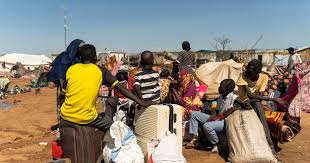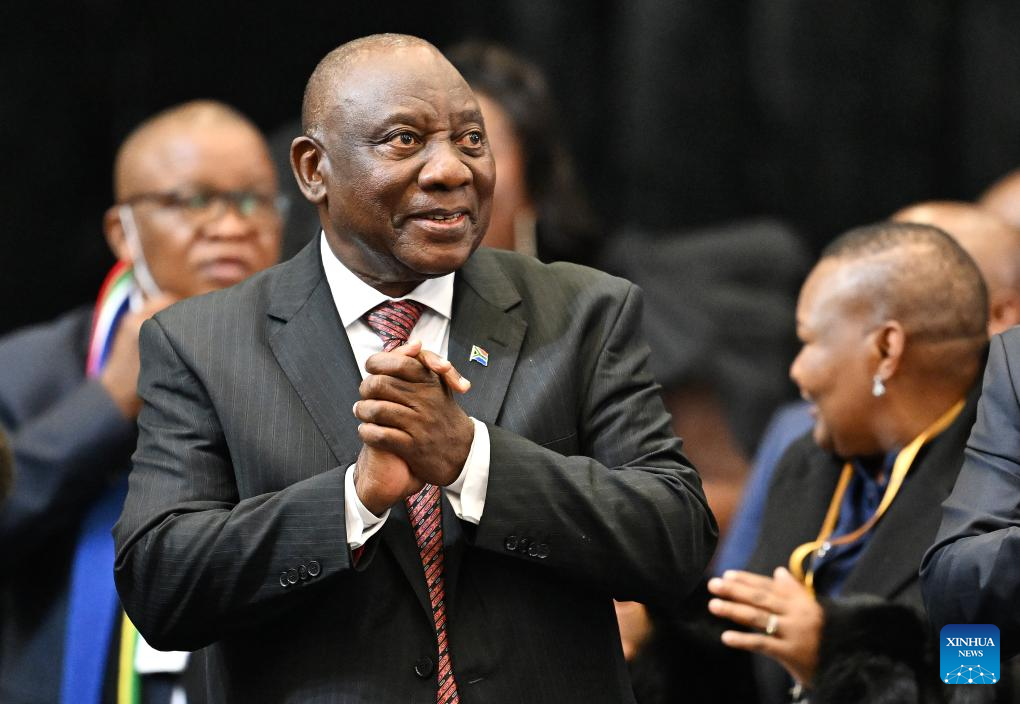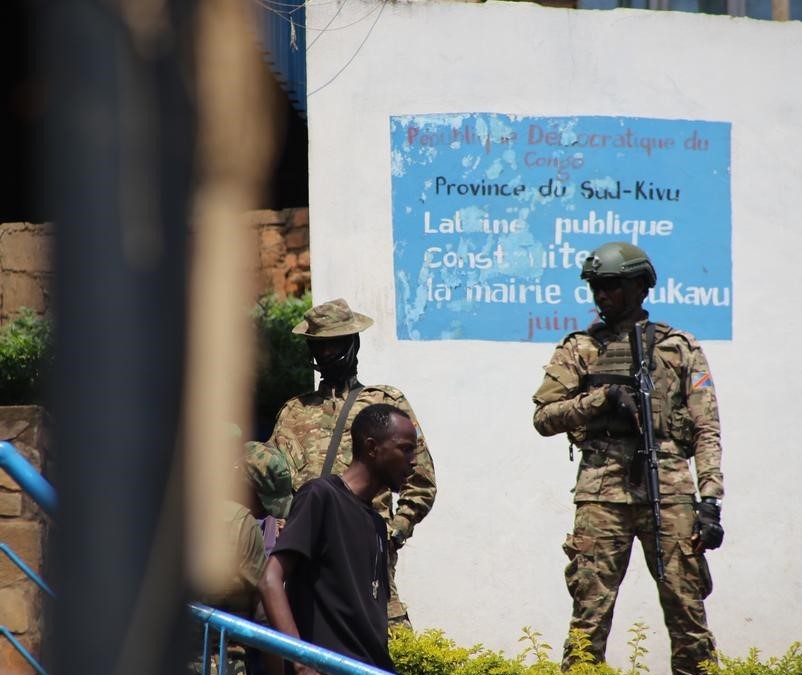For years, the USAID had been the backbone of the humanitarian response in northeastern Nigeria, helping non-government organizations provide food, shelter and health care to millions of people
Under the dappled light of a thatched shelter, Yagana Bulama cradles her surviving infant. The other twin is gone, a casualty of malnutrition and the international funding cuts that are snapping the lifeline for displaced communities in Nigeria’s insurgency-ravaged Borno state.
“Feeding is severely difficult,” said Bulama, 40, who was a farmer before Boko Haram militants swept through her village, forcing her to flee. She and about 400,000 other people at the humanitarian hub of Dikwa — virtually the entire population — rely on assistance. The military restricts their movements to a designated “safe zone,” which severely limits farming.
For years, the United States Agency for International Development had been the backbone of the humanitarian response in northeastern Nigeria, helping non-government organizations provide food, shelter and health care to millions of people. But this year, the Trump administration cut more than 90 percent of USAID’s foreign aid contracts and $60 billion in overall assistance around the world.
Bulama previously lost young triplets to hunger before reaching therapeutic feeding centers in Dikwa. When she gave birth to twins last August, both were severely underweight. Workers from Mercy Corps enrolled them in a program to receive a calorie-dense paste used to treat severe acute malnutrition.
But in February, Mercy Corps abruptly ended the program that was entirely financed by USAID. Two weeks later, one of the twins died, Bulama said. She has no more tears, only dread for what may come next. “I don’t want to bury another child,” she said.
Globally, 50 percent of the therapeutic foods for treating malnutrition in children were funded by USAID, and 40 percent of the supplies were produced in the US, according to Shawn Baker, chief program officer at Helen Keller Intl and former chief nutritionist at USAID.
He said the consequence could be 1 million children not receiving treatment for severe malnutrition, resulting in 163,500 additional deaths per year. For Helen Keller Intl, its programs in Bangladesh, Nepal and Nigeria have been terminated.
“It is very traumatic,” said Trond Jensen, the head of the United Nations humanitarian office in Maiduguri, Borno’s capital, of the funding cuts, noting that other donors, including the European Union, have taken similar steps this year. “One of the things is the threat to the lives of children.”
UNICEF still runs a therapeutic feeding center nearby, which now supports Bulama’s surviving baby, but its capacity is stretched. It is turning away many people previously served by other aid groups that have pulled out due to funding cuts.
Intersos, an Italian humanitarian organization, has the only remaining facility providing in-patient services for malnutrition in Dikwa, treating the most perilous cases. Its workers say they are overwhelmed, with at least 10 new admissions of seriously malnourished children daily.
“Before the USAID cut, we made a lot of progress,” said Ayuba Kauji, a health and nutrition supervisor. “Now my biggest worry is high mortality. We don’t have enough resources to keep up.”
Intersos was forced to reduce its staff from 30 to 11 in Dikwa after the USAID freeze. Its nutrition and health facilities now operate solely on support from the Nigerian Humanitarian Fund, a smaller pot of money contributed by a few European countries. That funding will be finished in June.
The crisis is equally acute in Maiduguri, where the economy is reeling from massive terminations of aid workers. At another Intersos-run facility, 10 of the 12 doctors have left and four nurses remain, with 50 new admissions of malnourished children per week.
The effects of the funding cuts extend far beyond nutrition. At the International Organization for Migration’s reception center in Dikwa, thousands of displaced families and those escaping Boko Haram captivity are stranded. There are no new shelters being built and no support for relocation.
“Before, organizations like Mercy Corps built mud-brick homes and rehabilitated damaged shelters to absorb people from the IOM reception center,” said one official at the center, speaking on condition of anonymity because he was not authorized to speak publicly on the situation. “Now, that has stopped.”
Jensen, the UN humanitarian head in Maiduguri, said, “sadly, we are not seeing additional funding to make up for the US cuts.” He warned that vulnerable people could turn to risky ways of coping, including joining violent groups.














